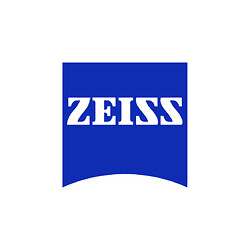ZEISS White Paper: Geometric Dimensioning and Tolerancing
Learn more about the advantages of form and position tolerances and receive extensive application and practical examples
Nevertheless, workpieces continue to suffer from undesired deviations in their nominal dimensions and geometries. To limit the resulting quality losses and cost increases, manufacturers and metrologists rely on tolerances. Tolerances define what deviations from the nominal value are acceptable—and when a part is considered “not OK” (NOK) and thus unusable without improvement.
Advantages of GD&T
When tolerancing parts, Geometric Dimensioning and Tolerancing (GD&T) plays an important role. GD&T describes the type and form of permitted geometric deviations in the part with extreme accuracy. Compared to conventional tolerancing, a product specification that uses GD&T has several advantages:
· Simplified manufacturing and component testing
· Optimal comparability
· Option to combine tolerances
· More usable tolerance in round and cylindrical elements
· No tolerance aggregation through chain dimensioning
· Suitable for complex, freeform parts
· Component testing with product and manufacturing information (PMI/FTA) support
GD&T Representation
An international language of symbols has been developed to represent GD&T in drawings. We have compiled these in clear posters.
In our white paper you will learn more about the advantages of form and position tolerances and receive extensive application and practical examples. Our posters give you a good overview of the visual representation of tolerances.
Download white paper here.
Do you want to receive up-to-date information about industrial measurement technology by ZEISS? Register here.
